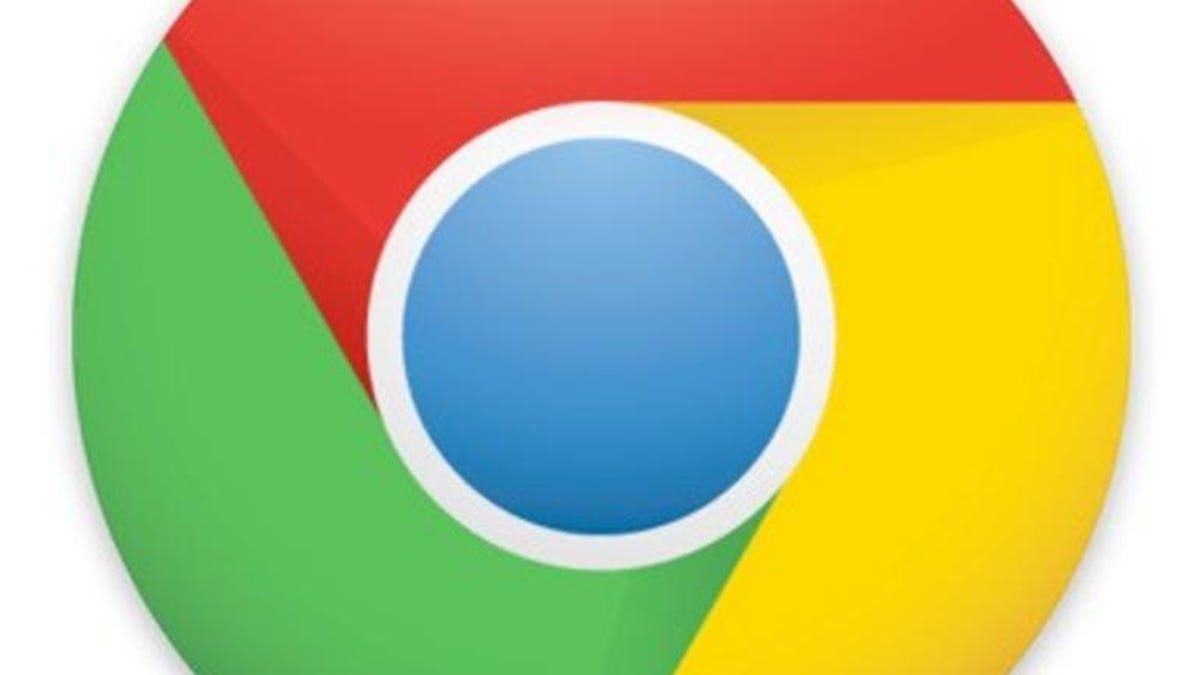Google finally pulling the plug on Chrome for Windows XP
Chrome will no longer be supported on older versions of Windows and Mac OS X from April 2016.

Google Chrome is leaving older operating systems to their own devices.
Another nail in the coffin for Windows XP: Google will finally stop supporting Chrome on older operating systems.
In a post on the official Chrome blog, Google announced the end of Chrome's support for Windows XP and Windows Vista, as well Mac OS X 10.6 Snow Leopard, 10.7 Lion and 10.8 Mountain Lion for Apple computers. If you're running any of those platforms, you've got until April 2016 to upgrade to a newer version of Windows or OS X if you want Chrome to remain secure from malware.
If you are stubbornly clinging to XP, Chrome will continue to work, but will no longer be updated with security patches. That means you will be at risk from viruses and malware as you miss out on important security updates.
Microsoft stopped supporting XP in April 2014, and cut off Vista in 2012. But considering that XP launched in 2001, it's showing impressive longevity. In fact, Chrome support has stuck around for over a year longer than Google originally said it would.
XP may be out of date, but it's still widely used. In fact, the more recent Windows 8.1 only surpassed XP this summer in terms of market share. Totting up Web traffic among desktop operating systems for the month of June, Web tracker Net Applications found Windows 8.1 rising to a 13.1 percent share as XP's share dropped to 11.9 percent, from 14.6 percent the previous month.
As of this month, Windows 7 is the most popular operating system and holds 55 percent of the market share according to NetMarketShare. But XP's 11.68 percent share still edges out Windows 8.1's 10.68 percent and Windows 10's 7.94 percent.
One of the reasons users may have stuck with older, familiar versions of Windows is that the radically overhauled design of Windows 8 put many people off. But Windows 10 is much more like the Windows of old, complete with a reinstated Start button and a more familiar desktop interface.
Of course, Windows 10 requires relatively modern hardware, which could be another reason why people with older machines have clung to XP. If you're interested in upgrading, here are your options.
In October 2016, Microsoft will stop offering a choice of operating system version on new computers, unless you're a business. After that date, all Windows machines will be sold running Windows 10.

